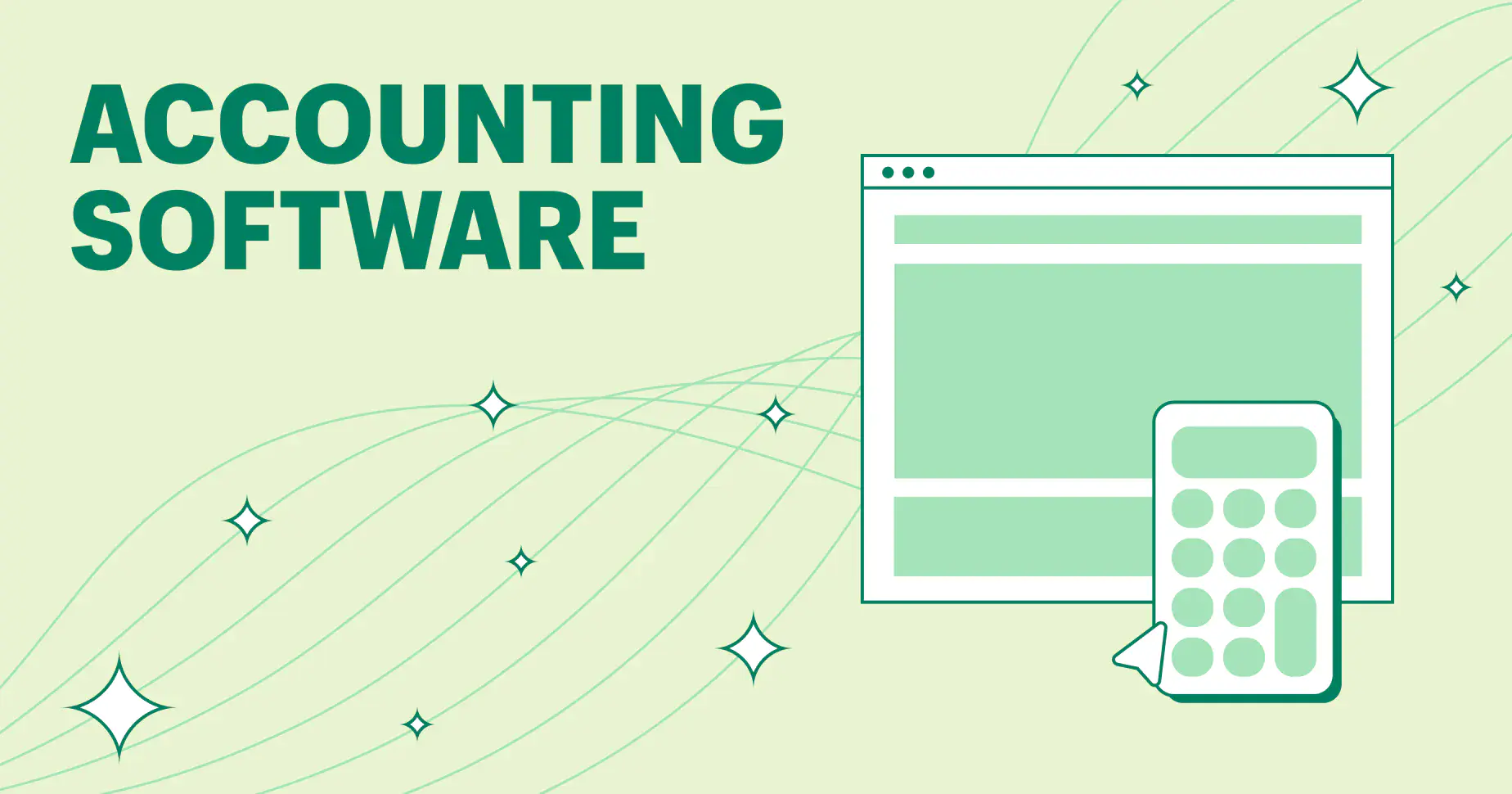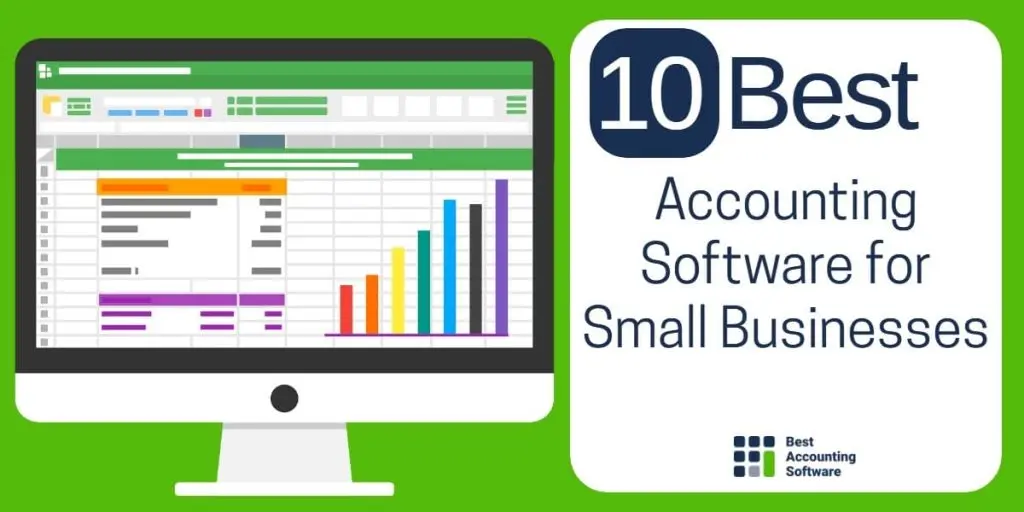
Understanding AI in Accounting
Artificial Intelligence (AI) is revolutionizing various industries, and accounting is no exception. The integration of AI in accounting processes is enhancing accuracy and efficiency, leading to significant improvements in how businesses manage their financial data. With advanced algorithms and machine learning capabilities, AI tools are designed to assist accountants in their tasks, reducing the likelihood of human error and streamlining operations.
The Role of AI in Enhancing Accuracy
One of the primary benefits of AI in accounting is its ability to enhance accuracy. Traditional accounting methods often involve manual data entry and calculations, which can lead to errors. AI tools, on the other hand, utilize advanced technologies to automate these processes. For example, Optical Character Recognition (OCR) technology can extract data from invoices and receipts, minimizing the need for manual input.
Moreover, AI algorithms can analyze vast amounts of data quickly, identifying discrepancies and anomalies that might go unnoticed by human accountants. This capability is crucial for auditing purposes, where accuracy is paramount. By employing AI in auditing processes, firms can ensure that their financial statements are accurate and comply with regulations.
Improving Efficiency with AI Tools
Efficiency is another significant advantage of incorporating AI in accounting. By automating routine tasks such as data entry, reconciliation, and report generation, AI allows accountants to focus on more strategic activities, such as financial analysis and planning. This shift not only increases overall productivity but also enhances job satisfaction among accountants, who can engage in more meaningful work.
AI-powered software solutions can perform tasks in a fraction of the time it would take a human. For instance, generating financial reports that previously took hours can now be completed in minutes, freeing up valuable time for accountants to provide insights and recommendations to business leaders.
AI-Driven Predictive Analytics
Another critical area where AI enhances accounting is through predictive analytics. By analyzing historical data, AI tools can forecast future trends and financial outcomes, giving businesses a competitive edge. This capability enables companies to make informed decisions, allocate resources more effectively, and plan for potential challenges.
For example, AI can help predict cash flow trends, allowing businesses to manage their liquidity better. This proactive approach to financial management can prevent cash shortages and ensure that companies can meet their obligations. Furthermore, AI-driven insights can help identify profitable investment opportunities and optimize spending.
Cost Reduction with AI Integration
The integration of AI in accounting not only improves accuracy and efficiency but also contributes to significant cost reductions. By automating repetitive tasks, businesses can reduce the labor costs associated with manual accounting practices. Additionally, the reduction in errors minimizes the risk of costly financial misstatements, which can lead to penalties and legal issues.
Moreover, AI tools can assist in identifying inefficiencies within the accounting process itself, allowing organizations to streamline operations further. This continuous improvement cycle ensures that companies are not only saving money but also maximizing their resources.
Challenges of Implementing AI in Accounting
Another challenge is the need for training and adaptation. Accountants must be equipped with the necessary skills to work alongside AI tools effectively. This may require investment in training programs and a shift in the organizational culture toward embracing technology.
The Future of AI in Accounting
The future of AI in accounting looks promising as technology continues to advance. We can expect to see even more sophisticated tools that integrate seamlessly with existing accounting software, providing real-time insights and facilitating better decision-making. As AI becomes more prevalent, it will likely play a crucial role in shaping the future of the accounting profession.
Furthermore, as businesses increasingly rely on data-driven strategies, the demand for accountants who can effectively interpret and leverage AI-generated insights will grow. This evolution will create new opportunities for professionals in the field, emphasizing the importance of continuous learning and adaptation.
Conclusion
In conclusion, the integration of AI in accounting significantly enhances accuracy and efficiency, transforming how businesses manage their financial operations. From automating routine tasks to providing predictive analytics, AI tools streamline processes, reduce costs, and empower accountants to focus on strategic decision-making. While challenges exist, the benefits far outweigh the drawbacks, making AI an essential component of modern accounting practices.
As organizations continue to embrace AI technology, the accounting profession will undoubtedly evolve, paving the way for a more efficient and accurate future.









